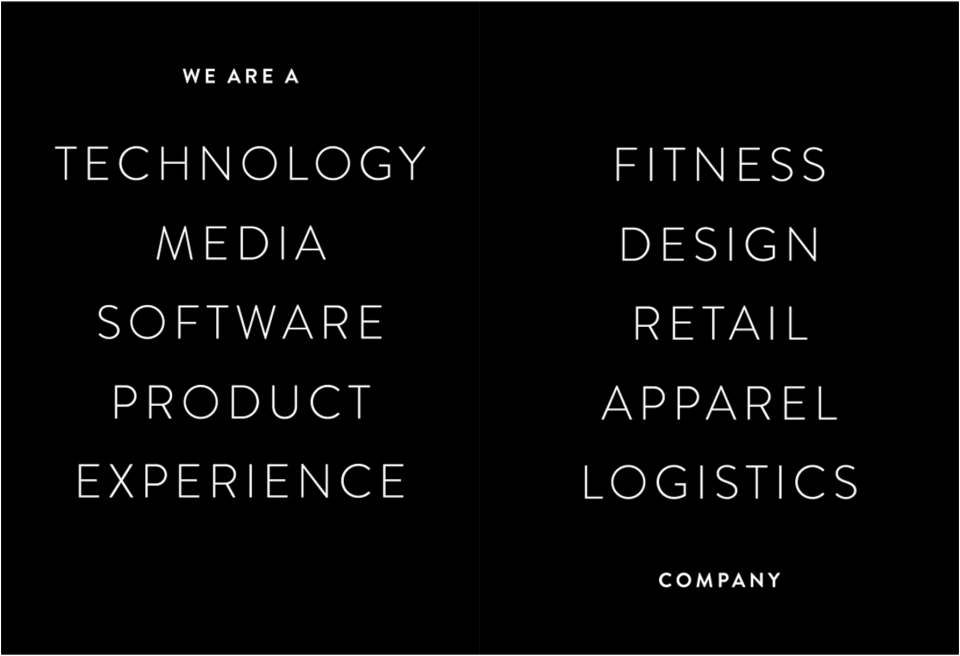Peloton has a music problem
Peloton, the exercise bike company, closed its first day of trading down 11.2% on Thursday.
Chalk that up to heightened investor anxiety around IPOs lately (Uber and Lyft have struggled, WeWork delayed its IPO, Endeavor shelved its IPO); or to diminishing appetite for companies that are not profitable; or to overall market jitters. (Thursday was a down day amid impeachment inquiry proceedings in Washington.)
But if all that isn’t enough, Peloton (PTON), which has 1.4 million paying members, is also dealing with a pesky legal issue: a big lawsuit over the company’s use of music in its classes.
Peloton disclosed music rights as a risk factor in its S-1 filing back on Aug. 28. But risk factors don’t usually worsen this quickly.
The company was already being sued by the National Music Publishers Association for $150 million before it announced its intention to go public. That lawsuit, filed in March, is over its use of songs from artists including Drake, Rihanna and Ariana Grande. The lawsuit alleges that Peloton is a “textbook willful infringer.”
In response to the suit, in March, Peloton said it would remove the unlicensed songs from its workouts, which is not a great solution for riders. CEO John Foley wrote in an email to members, “While you may notice this in the near term, I can assure you that this will not affect your experience with (or the cost of) our service, or access to the kind of music you’re used to hearing behind our instructors in the thousands of classes in our library.”
In April, Peloton filed a countersuit, accusing the NMPA of anticompetitive behavior. The countersuit insists, “Peloton is not the bad actor that Plaintiffs portray it to be.”
Then, days before the IPO, the same music publishing group discovered another 1,000-plus songs it says Peloton used in classes without permission, from artists including Beyonce, Britney Spears, Bruno Mars, Lizzo, and Taylor Swift, so the NMPA doubled the damages in its lawsuit.

So now we are talking about a $300 million lawsuit for a company with $915 million in annual revenue—not insignificant. And additional legal action could certainly follow. Music licensing is now a major vulnerability for this hot brand.
You have to wonder how Peloton, launched in 2012, lasted this long without getting its music licensing in order.
“We depend upon third-party licenses for the use of music in our content,” Peloton said in its S-1. “An adverse change to, loss of, or claim that we do not hold necessary licenses may have an adverse effect on our business, operating results, and financial condition.”
Peloton calls itself a design company, a tech platform, a services business, a membership experience, a logistics company—that’s a lot of hats. But it hasn’t protected itself legally. Some fans compare Peloton to streaming content businesses like Netflix and Spotify—imagine if Spotify were posting songs to its service without paying for the rights, or if Netflix hosted shows it had not licensed.

And here’s the money line from the S-1, regarding music: “We cannot guarantee that we currently hold, or will always hold, every necessary right to use all of the music that is used on our service, and we cannot assure you that we are not infringing or violating any third-party intellectual property rights, or that we will not do so in the future.”
That sounds like a company acknowledging it has not done its due diligence in a key area, and validating additional legal challenges to come.
How can investors have faith that the same company can deliver on its promise and achieve profitability?
—
Daniel Roberts is a senior writer and show host at Yahoo Finance. Follow him on Twitter at @readDanwrite.
Uber, Lyft stock performance shows 'appetite for risk has diminished'
Uber is taking a page from the Amazon playbook
Netflix stock is vulnerable in a recession, Nomura says
Meet the ‘phoenix’ stocks: Zoom, MongoDB, PagerDuty and more
How Eventbrite’s horrible stock performance is hurting Square

